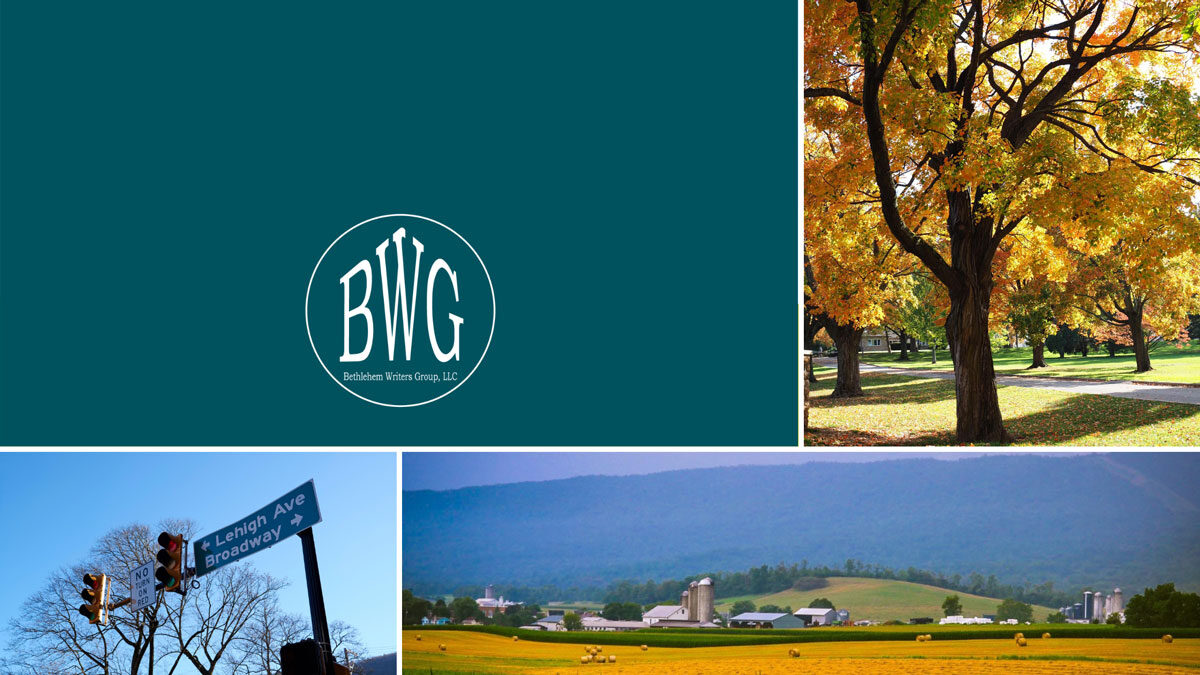
Happy Winter, dear readers!
Winter, when it’s cold and blustery outside and warm and toasty indoors, is a great time to curl up with a book. I’ve just started reading, hot off the presses, Crimeucopia: The Not So Frail Detective Agency, an anthology of fifteen different stories. After the first few tales, my interest in when female private eyes first appeared in fiction was piqued.
To my surprise, I discovered that the first two recognized literary female detectives date back to the Victorian era. In 1864, five years before Conan Doyle was born, Andrew Forrester created Mrs. Gladden in The Female Detective. Months later, W.S. Hayward introduced Mrs. Paschal in Revelations of a Lady Detective. The character of Mrs. Gladden played off the societal norms of a woman able to gather information because she tended to be ignored as being in the background. Mrs. Paschal was a departure from the norm because she smoked, carried a gun, and used her intellect in solving the case.
In the time between the two world wars, in what is termed the Golden Age, two other contrasting female sleuth styles were introduced: the unassuming older amateur sleuth (Miss Marple from Agatha Christie in the 1920s) and the adventuresome but competent youthful protagonist (Nancy Drew, the Stratemeyer Syndicate, 1930).
Sadly, strong female private eyes didn’t surface again until the 1960s and 1970s. When they did, they often demonstrated the influence of the feminist movement and the impact of Nancy Drew.
In 1982, two important independent, but not perfect, P.I.s were introduced: Sue Grafton’s Kinsey Millhone in “A” is for Alibi and Sara Paretsky’s V.I. Warshawski in Indemnity Only. Other diverse private eyes followed, including Kate Delafield (Katherine V. Forrest), Lt. Eve Dallas (J.D. Robb), Cassie Maddox and Antoinette Conway (Tana French), and Amelia Sachs (Jeffrey Deaver).
Now that my curiosity is satisfied, I’m going back to reading the rest of the Not So Frail Detective Agency stories.
Betty Wryte-Goode
Mixed-up Words
Imminent vs. Eminent
This is another of those word pairs that sound similar enough that they are often confused, even though their meanings are unrelated.
Imminent means “about to happen,” while eminent refers to “a famous or respected person.”
Used in a sentence: “The imminent arrival of the eminent physicist had all the department’s employees scrambling to make a good impression.”



